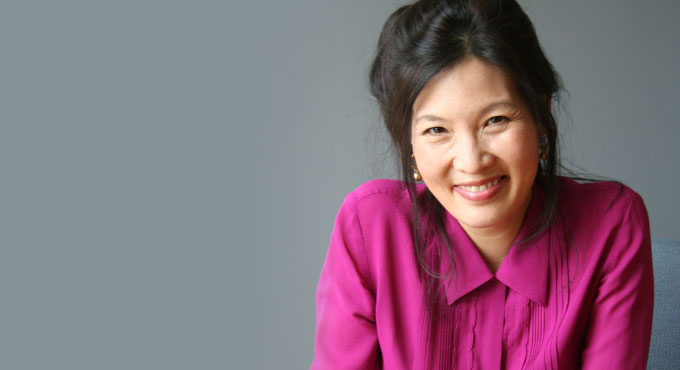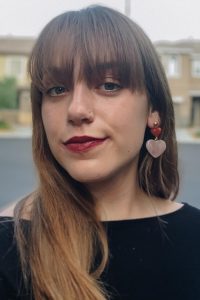Sheryl WuDunn opened her address to an intimate crowd at Rice Eccles Tower on Monday saying, “While there is challenge, there is also opportunity.” The event was part of the Tanner Humanities Center’s Human Rights, Women’s Rights and Women’s Leadership series. WuDunn, a human rights activist, investigative journalist for The New York Times, Pulitzer Prize recipient, best-selling author and business executive, covered topics from sex trafficking to women’s education and declared women’s rights one of the most salient issues of our generation.
WuDunn demonstrated her point through stories. She began with Dai Manju, a thirteen-year-old girl in China who could not afford the $13 cost of an education. Word of her small family’s financial struggle reached the United States through a New York Times article. One reader donated $10,000 toward the education of Manju’s and other girls in her town. She eventually attended a vocational school where she learned to work as an accountant. Her salary was large enough that it supported her family and enabled her to purchase a new home.
This “virtuous cycle” of educating women and girls, as WuDunn labeled it, was a major theme in her talk. When governments invest in empowering women, countries reap the reward. WuDunn highlighted the process of gender budgeting to show how this is possible. In South Korea, for example, the government allocates money to social care programs that allow women in the country to both have children and join the workforce. In Rwanda, funds to improve the water infrastructure freed women from the strenuous job of transporting water from miles away. In both scenarios, the economies improved and benefited from women’s participation.
These investments must go further than education, said WuDunn, directing attention to the challenges of domestic violence and sex trafficking. According to WuDunn, three women die every day from the effects of domestic violence and abuse. She applied her “virtuous circle” idea to these problems, then reminded the audience that change is possible, saying, “recognition is the first step.” The story of Shauna, a woman who had been born into prostitution, revealed how this principle can be applied to help women who are being trafficked. Shauna was taken to the Magdalene House — an institution that saved taxpayers’ money by lowering incarceration rates and helping struggling women become productive members of society.
WuDunn ended her speech with a challenge, saying, “Get engaged. If you’re already engaged, get MORE engaged.” She emphasized the importance of all philanthropy. In response to a question during the Q&A that related a single human’s work to a drop in the bucket, she simply said, “with drops like these, that’s how you fill buckets.”



